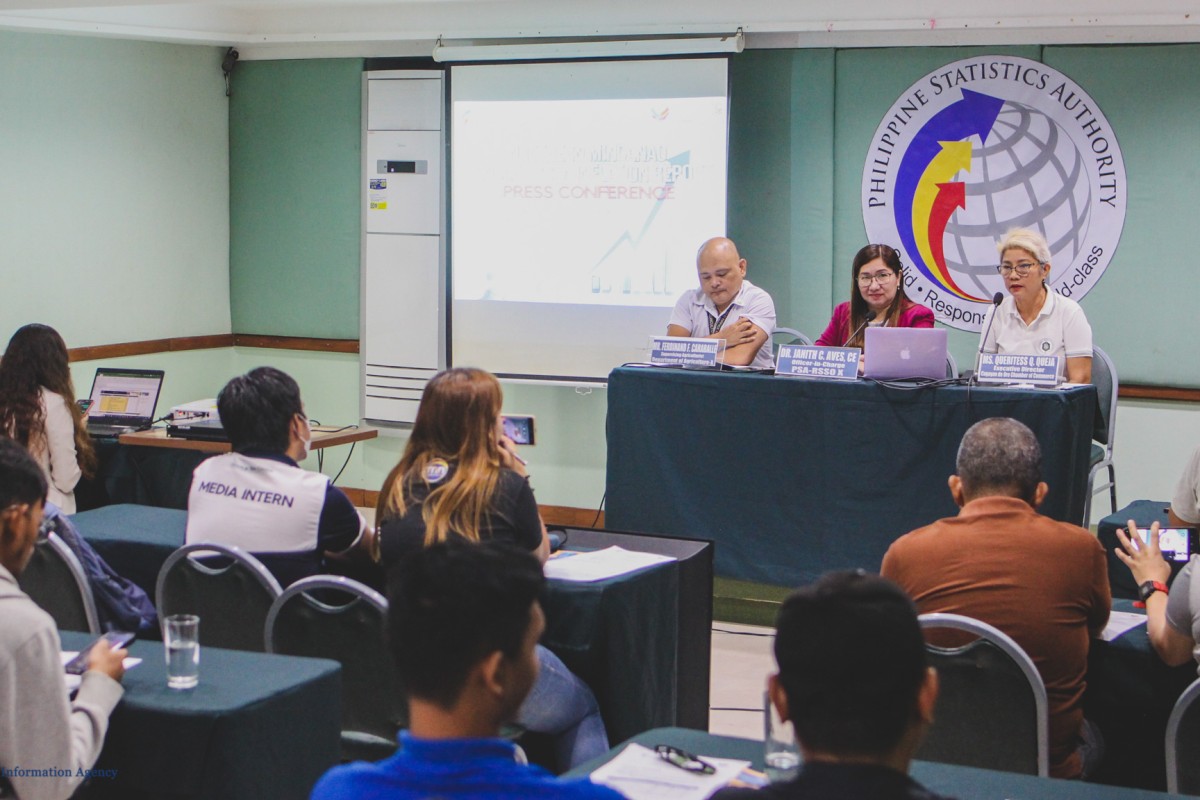CAGAYAN DE ORO CITY (PIA) -- Northern Mindanao's inflation or the rate of change of the average prices of goods and services slowed down to 3.1 percent, a deceleration of 1.7 percentage points from the recorded 4.8 percent inflation rate in December 2023.
This positive development was attributed to a slowdown in the price increases of food commodities, particularly evident in the food and non-alcoholic beverages sector, which posted an inflation rate of 5.7 percent in January 2024, down from 9.2 percent the previous month.
During a press briefing, Janith Aves, Officer-in-Charge of the Philippine Statistics Authority (PSA)-10, highlighted that the primary contributors to the decrease in the inflation of Food and Non-Alcoholic Beverages were vegetables, tubers, plantains, cooking bananas, and pulses, with onion being the main source, posting an inflation rate of -6.9 percent from 9.5 percent in December 2023.
Additionally, Aves mentioned that prices of fish, other seafood, meat, and other parts of slaughtered land animals also experienced a decline during the month.
Other contributing factors to the deceleration of inflation were observed in the Housing, Water, Electricity, Gas, and Other Fuels (from 0.6 percent to -0.2 percent) and Personal Care and Miscellaneous Goods and Services (from 5.1 percent to 3.5 percent).

In response to these developments, the Department of Agriculture (DA)-10 expressed its commitment to monitoring the situation closely and providing guidance to farmers on productivity concerns.
Supervising Agriculturist Ferdinand Caraballe noted that while the easing of vegetable prices is favorable, the dry season and El Niño may hinder a quick reduction in rice prices.
Caraballe shared Agriculture Secretary Francisco Tiu Laurel Jr.'s directive to enhance local farmers' production through the use of modern technology, including mechanization, digitalization, and hybrid crops, along with effective fertilizer and water management.
He emphasized the importance of increasing local production to reduce dependence on imports, mentioning the collaboration with PhilRice to support farmers directly. He also highlighted the provision of production support from the Rice Competitiveness Enhancement Fund, including the distribution of rice seeds, fertilizers, and free irrigation.
Meanwhile, Queritess Queja, Executive Director of Oro Chamber, underscored the private sector's commitment to aligning workers' salaries with economic conditions.
She highlighted the Oro Chamber's active participation in discussions with the Regional Tripartite Wage Board in November, presenting a proposal for a P35 wage increase.
Recognizing international benchmarks, Queja stressed the importance of making essential items, especially food, affordable and accessible. He advocated for initiatives to localize raw materials, aimed to address importation, and reduce product prices. (APB/PIA-10)




